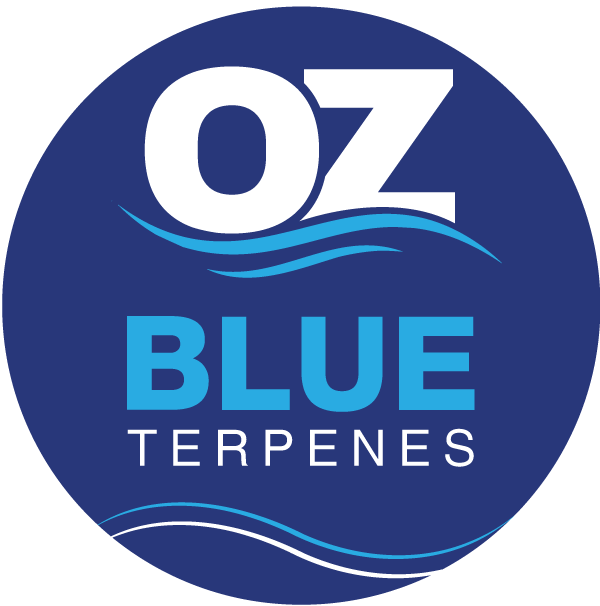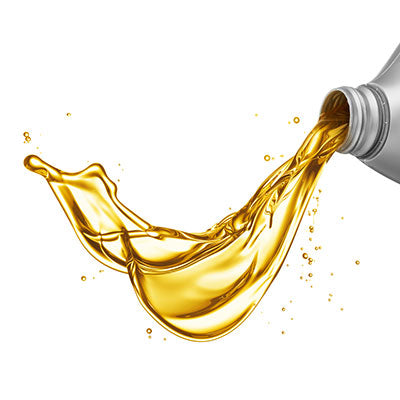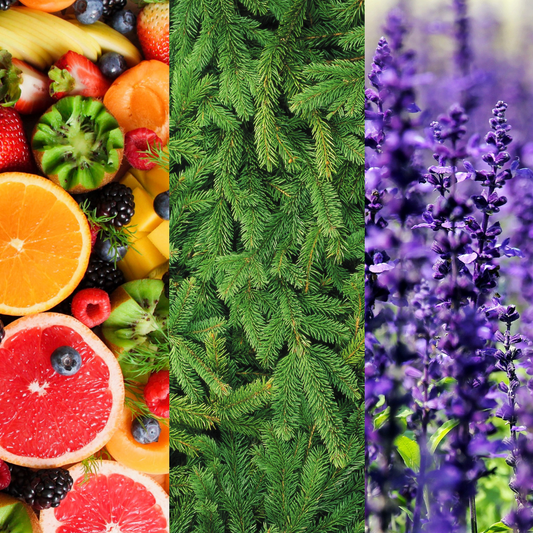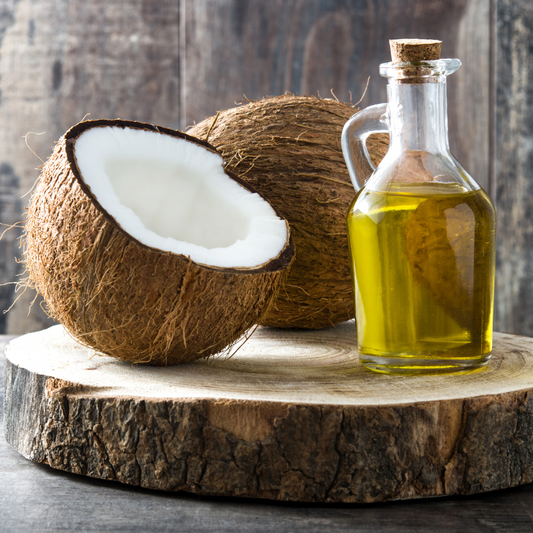Propylene glycol is a versatile and commonly used substance that often flies under the radar, yet it plays a significant role in various industries, from food and cosmetics to pharmaceuticals and beyond. In this blog post, we’ll dive into what propylene glycol is, its uses, and whether it’s safe for you to use.
What is Propylene Glycol?
Propylene glycol (PG) is a synthetic compound derived from petroleum. It’s a colourless, odourless liquid with a slightly sweet taste, and it’s known for its ability to absorb water. This makes it a useful ingredient in a wide range of products.
It’s important to note that propylene glycol is different from ethylene glycol, which is highly toxic and used in antifreeze. While the two have similar chemical structures, propylene glycol is considered safe for use in food and medical products, with approval from regulatory bodies like the FDA.
Common Uses of Propylene Glycol
-
In Food and Beverages:
Propylene glycol is commonly found in processed foods and beverages. It acts as a preservative, keeping products fresh for longer. You can find it in items like salad dressings, baked goods, and beverages (including flavoured drinks and soda). It also helps maintain moisture in food products, preventing them from drying out. -
Cosmetics and Skincare:
In personal care products like lotions, shampoos, deodorants, and soaps, propylene glycol serves as a humectant, which means it helps to retain moisture. It also helps dissolve ingredients that don’t mix well with water, improving the texture and consistency of cosmetic formulations. -
Pharmaceuticals and Medical Applications:
Propylene glycol is used in medications, both oral and topical. It can be found in the form of liquid solutions and as an ingredient in some injectables and oral syrups. Its ability to dissolve substances makes it effective for drug delivery. In addition, it’s often used as a carrier for active ingredients in some topical creams and gels.
Is Propylene Glycol Safe?
The safety of propylene glycol has been evaluated by health and safety agencies worldwide. It is generally recognised as safe (GRAS) when used in food products by the FDA, and it is also approved for use in cosmetics and pharmaceuticals. However, like any substance, it can cause adverse reactions in some individuals, particularly in high concentrations or with prolonged exposure.
Common Side Effects:
- Skin Irritation: Some people may experience skin irritation, especially when using products that contain propylene glycol for extended periods. This is more common with topical applications like creams or lotions.
- Allergic Reactions: Though rare, some individuals may be allergic to propylene glycol, leading to symptoms like itching, hives, or respiratory issues.
Benefits of Propylene Glycol
-
Moisture Retention: One of the key benefits of propylene glycol is its ability to retain moisture. This makes it valuable in skincare and food preservation, helping to maintain the texture and hydration of products.
-
Improved Product Texture: Propylene glycol helps improve the consistency and texture of products like cosmetics, pharmaceuticals, and food. It allows for better mixing of water-based and oil-based ingredients, creating a smoother product.
-
Wide Availability and Cost-Effectiveness: Propylene glycol is a low-cost ingredient, which makes it an attractive option for manufacturers in a range of industries. Its widespread availability also ensures that it can be incorporated into products at scale.
When to Avoid Propylene Glycol
Though considered safe for most people, there are certain situations where it might be best to avoid products containing propylene glycol:
- Sensitive Skin: If you have sensitive skin or are prone to allergic reactions, it’s best to check the ingredient list of skincare products before use.
- Pre-existing Health Conditions: If you have respiratory conditions or asthma, it's important to exercise caution with products like e-liquids that may involve inhalation of propylene glycol.
- Children and Infants: As a precaution, it’s generally recommended to avoid products with propylene glycol for young children unless otherwise specified by a healthcare professional.
Conclusion
Propylene glycol is a widely used substance with a range of applications, from food and beverages to skincare and pharmaceuticals. While it is generally recognised as safe by regulatory bodies, individuals with sensitive skin or respiratory conditions should exercise caution. As with any ingredient, it’s always a good idea to check labels and consult a healthcare provider if you have concerns.
Whether you’re using a product that contains propylene glycol for its moisturising properties or for food and beverages, understanding this versatile ingredient can help you make informed choices.




